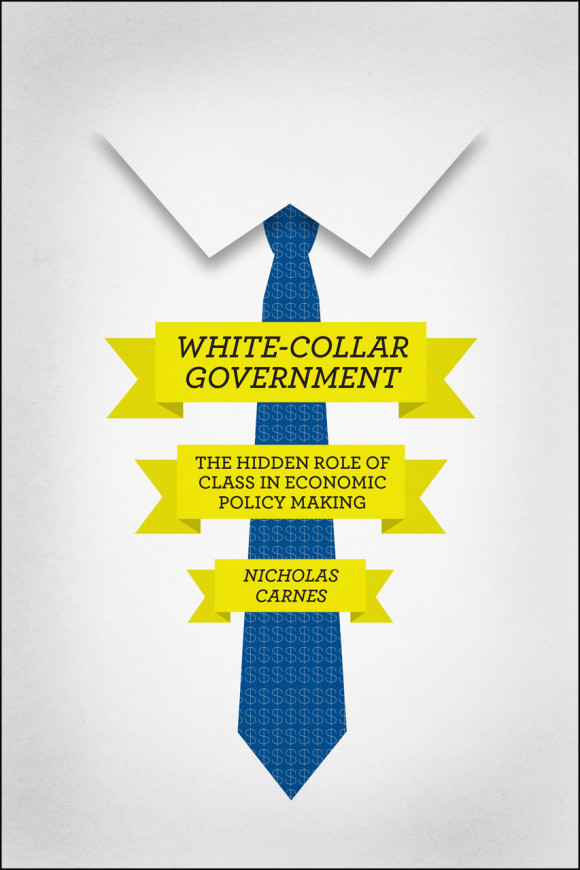Last week, Miles Kimball and Noah Smith, two economists (one at Michigan, one at Long Island) had a column on the Atlantic‘s website (ht: Joaquin Morales, via Facebook) in which they took to task those who claim that math ability is genetic.
Kimball and Smith argue that that’s largely a cop-out, and that there is no such thing as “I’m bad at math.” Rather, being good at math is the product of good, old-fashioned hard work:
Is math ability genetic? Sure, to some degree. Terence Tao, UCLA’s famous virtuoso mathematician, publishes dozens of papers in top journals every year, and is sought out by researchers around the world to help with the hardest parts of their theories. Essentially none of us could ever be as good at math as Terence Tao, no matter how hard we tried or how well we were taught. But here’s the thing: We don’t have to! For high-school math, inborn talent is much less important than hard work, preparation, and self-confidence.
How do we know this? First of all, both of us have taught math for many years—as professors, teaching assistants, and private tutors. Again and again, we have seen the following pattern repeat itself:
- Different kids with different levels of preparation come into a math class. Some of these kids have parents who have drilled them on math from a young age, while others never had that kind of parental input.
- On the first few tests, the well-prepared kids get perfect scores, while the unprepared kids get only what they could figure out by winging it—maybe 80 or 85%, a solid B.
- The unprepared kids, not realizing that the top scorers were well-prepared, assume that genetic ability was what determined the performance differences. Deciding that they “just aren’t math people,” they don’t try hard in future classes, and fall further behind.
- The well-prepared kids, not realizing that the B students were simply unprepared, assume that they are “math people,” and work hard in the future, cementing their advantage.
Kimball and Smith’s column resonated deeply with me, because I discovered quite late (but just in time!) that hard work trumps natural ability any day of the week when it comes to high-school math–if not PhD-level math for economists.
